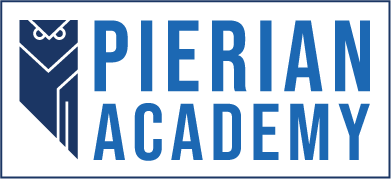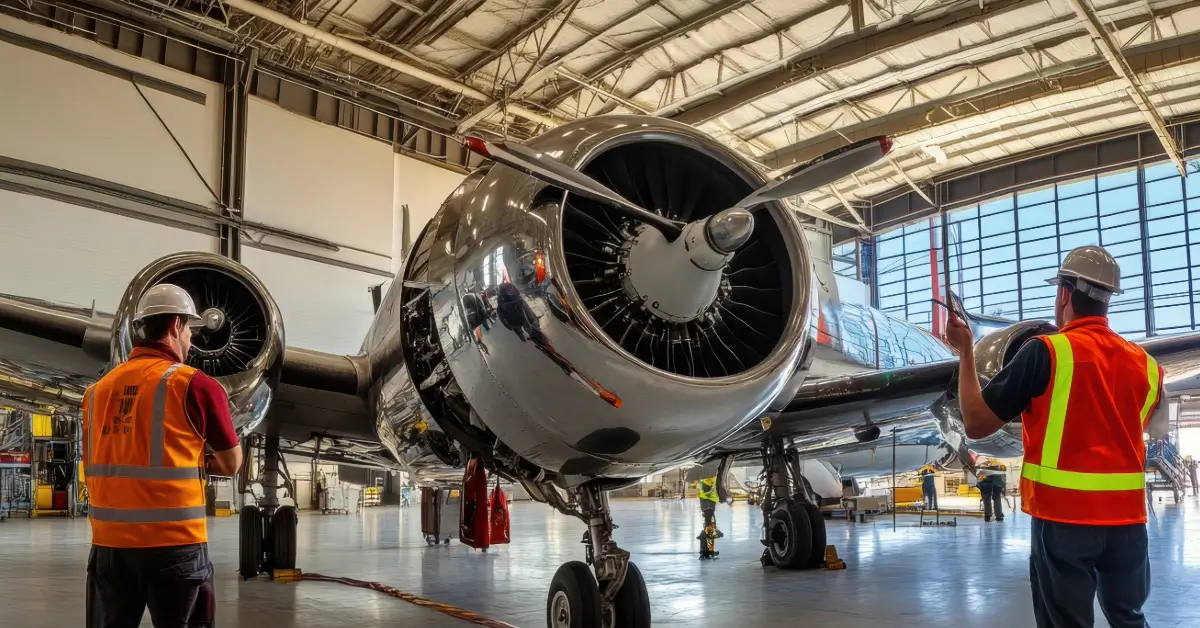A leading aerospace contractor was struggling with escalating lifecycle costs for its aircraft maintenance program. Despite investing in advanced technology, the team faced frequent unscheduled repairs, costly stockpiling of spare parts, and delays in determining whether to repair or replace components. These issues led to rising operational costs, reduced aircraft availability, and frustrated stakeholders.
After enrolling its engineers and logistics staff in Product Support Analysis (PSA) training, the contractor saw measurable improvements. Teams learned how to use data-driven methods to plan maintenance, analyze failures, and reduce wasted resources. By integrating PSA with Maintenance Task Analysis (MTA) training programs and Level of Repair Analysis (LORA) training, the organization achieved significant reductions in lifecycle costs while maintaining the highest safety standards.
What is Product Support Analysis (PSA)?
Product Support Analysis (PSA) is a structured, repeatable process that helps organizations identify and manage all aspects of system support. It ensures that maintenance, logistics, and repair planning are optimized throughout the entire lifecycle of a system. PSA is a cornerstone of Integrated Logistics Support (ILS) for aerospace and defense programs.
In simple terms, PSA helps aerospace teams answer critical questions:
- What parts will fail and when?
- How can we minimize downtime while controlling costs?
- Which maintenance tasks provide the best value for safety and reliability?
PSA also creates a foundation for effective spare parts planning, repair strategies, and maintenance intervals. With proper training, teams can predict issues before they occur and develop cost-effective solutions early in the design phase, preventing expensive fixes later in the lifecycle.
Why Aerospace Programs Face High Lifecycle Costs
Aerospace systems, from military aircraft to commercial fleets, have operated under demanding conditions for decades.
Without structured planning, lifecycle costs can spiral due to several factors:
Unplanned Maintenance: When failure patterns are not properly analyzed, systems experience frequent breakdowns that disrupt operations and inflate costs.
- Excessive Spare Parts Inventory: Stocking too many spares ties up capital and leads to waste if parts expire or become obsolete.
- Inefficient Maintenance Intervals: Overly frequent maintenance increases labor costs, while infrequent checks risk costly failures.
- Ineffective Repair vs. Replace Decisions: Poor analysis results in repairing components that should be replaced, or discarding parts that could be serviced cost-effectively.
PSA training addresses these pain points by teaching professionals how to perform structured analysis and make informed, data-backed decisions that directly reduce long-term costs.
How PSA Training Reduces Lifecycle Costs
PSA training helps organizations improve every phase of the support process:
- Failure Analysis: By studying reliability data, teams can forecast potential failures and schedule preventative actions before costly breakdowns occur.
- Optimized Maintenance: PSA methods eliminate redundant or unnecessary maintenance tasks, reducing labor and material expenses.
- Spare Parts Management: Accurate predictions about part usage prevent overstocking and shortages, which improve cash flow and readiness.
- Data-Driven Logistics: PSA integrates operational data with supply chain planning to ensure that the right parts and tools are available at the right time.
For example, an aerospace program that used PSA training was able to reduce mean time to repair (MTTR) by 25%, resulting in higher aircraft availability and fewer mission delays. These types of results highlight why PSA is considered a critical skill for aerospace support teams.
The Role of MTA and LORA in Cost Reduction
PSA does not operate in isolation. It works in concert with Maintenance Task Analysis (MTA) and Level of Repair Analysis (LORA) to form a complete lifecycle cost-reduction strategy.
MTA Training Programs: MTA training programs teach teams to identify, define, and optimize maintenance tasks. MTA determines the exact steps needed to keep systems operational, including intervals, required resources, and safety considerations. By eliminating unnecessary maintenance actions, organizations save both time and money.
LORA Training: LORA training focuses on repair and replacement decisions. It helps determine whether a component should be repaired, replaced, or scrapped based on cost-effectiveness and operational impact. LORA reduces wasted spending on maintenance infrastructure by guiding smarter decisions about repair levels and outsourcing.
When combined with PSA training, MTA and LORA ensure that every aspect of lifecycle support is analyzed for cost efficiency.
Key Metrics for PSA Effectiveness
Organizations can track the success of PSA initiatives through measurable metrics:
- Mean Time to Repair (MTTR): Lower MTTR reduces aircraft downtime and boosts mission readiness.
- System Availability (Ao): Higher availability translates to more operational hours and better ROI.
- Cost Per Flight Hour: Efficient maintenance lowers operational costs per mission or flight.
- Inventory Costs: Optimized spare parts planning reduces storage expenses and waste.
These metrics provide clear evidence of the financial and operational benefits of PSA training.
Action Steps for Aerospace Teams
- Invest in Training: Enroll engineering, logistics, and maintenance staff in PSA, MTA, and LORA courses.
- Integrate Processes: Combine PSA data with maintenance task analysis for a full lifecycle strategy.
- Use Advanced Tools: Apply software and data analysis methods to improve planning accuracy.
- Monitor Performance: Track key metrics to identify cost-saving opportunities and continuously refine strategies.
Aerospace programs cannot afford inefficiency or unplanned costs. PSA training gives teams the expertise to plan smarter, control expenses, and ensure long-term reliability. When combined with MTA and LORA training, PSA provides a comprehensive framework for cost reduction and performance improvement.
Ready to elevate your team’s expertise in supportability and lifecycle cost management? Contact us to learn more about their world-class PSA, LORA, and MTA training programs, all built to meet global standards and deliver measurable results for aerospace professionals.




